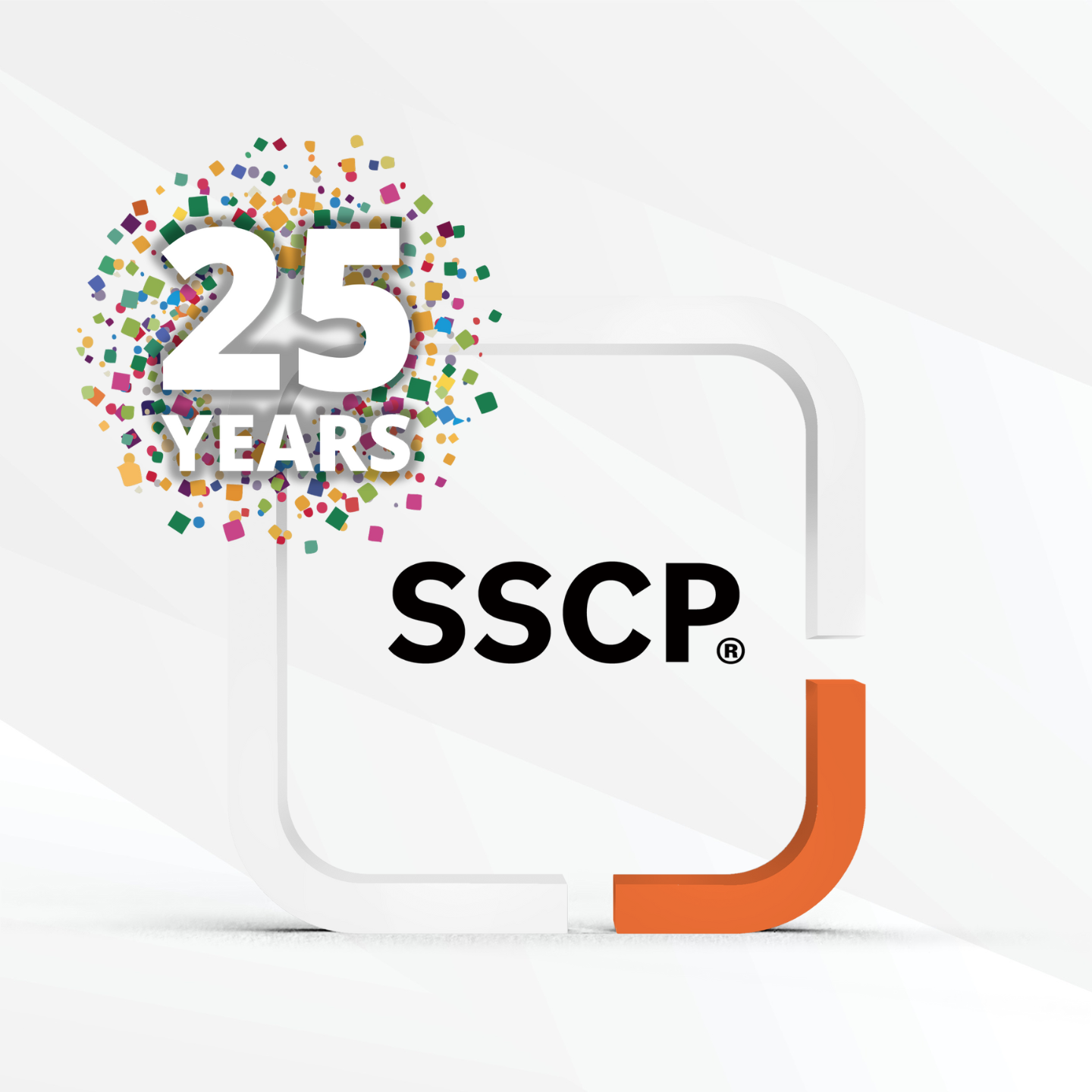SSCP vs Security+: Both credentials lay a foundation of knowledge for IT pros looking to elevate their security expertise. Only one sends a clear message of excellence.
Congratulations! You’re getting started in security and you’ve decided to invest in a security certification to show you have a baseline of important knowledge and eagerness to learn more.
That’s great. Because prospective security candidates are often evaluated based on several criteria, including certifications. Potential employers see them as a way to measure your commitment to the field.
So which certification should you pursue? Which will be worth your time and investment?
Two common certifications for IT professionals that are in the early stages of adding security to their skillset include Security+ from CompTIA and the SSCP (Systems Security Certified Practitioner) from ISC2. Here’s a look at both certifications, and the case for why the SSCP has the advantage.
One winner stands out
Both Security+ and the SSCP have some common characteristics. For starters, each demonstrates you have met certain criteria proving a junior level of security knowledge. But while CompTIA suggests some level of experience before taking the exam, ISC2 requires it. The difference? The latter gives organizations assurance that you already have practical knowledge and the sound professional judgment that comes with it.
The SSCP is for IT administrators, managers, directors and network security professionals responsible for the hands-on operational security of their organization’s critical assets. It shows you have the advanced technical skills and knowledge to implement, monitor and administer IT infrastructure using security best practices, policies and procedures.
The Security+ certification demonstrates you have the knowledge and skills required to install and configure systems to secure applications, networks and devices; perform threat analysis and respond with appropriate mitigation techniques; participate in risk mitigation activities; and operate with an awareness of applicable policies, laws and regulations.
CompTIA recommends Security+ candidates also have their Network+ credential and two years of experience in IT administration with a security focus before taking the Security+ exam. Here’s where SSCP begins to have a significant edge: To qualify for SSCP certification, candidates must pass the exam and have at least one year of cumulative, paid work experience in one or more of the seven domains of the ISC2 SSCP Common Body of Knowledge. If you don’t yet have the experience needed, ISC2 offers an alternative path to certification through the Associate of ISC2 designation.
What does this mean? You can get started with certification and gain all that valuable security knowledge sooner when pursuing a SSCP. The path looks like this: You pass the SSCP exam and become an Associate of ISC2 as you work toward full certification. Now a member of ISC2, you belong to a community that offers continued support throughout your professional journey. The newly launched ISC2 Professional Development Institute is one way the organization puts a “start with us, grow with us, stay with us” philosophy into action for its members.
The importance of first impressions
Another important distinction when choosing between the two certifications is the impression you make with an ISC2 SSCP. For many employers, the Certified Information Systems Security Professional (CISSP) – also administered by ISC2 – is seen as the holy grail for serious security professionals. The CISSP is often obtained by those who go on to lead security and risk programs at major Fortune 500 companies.
Individuals who obtain the Security+ certification also go on to get their CISSP. But there are distinct benefits to starting the CISSP certification process with the organization that administers the credential. Also keep in mind that the SSCP is considered a solid first step toward pursuit of the elite CISSP.
Going for any kind of certification is an investment of your valuable time and money, and the SSCP stands out as the one that gives you the most bang for your career buck. Do some research to compare exams, costs and other details about these two security certifications.


